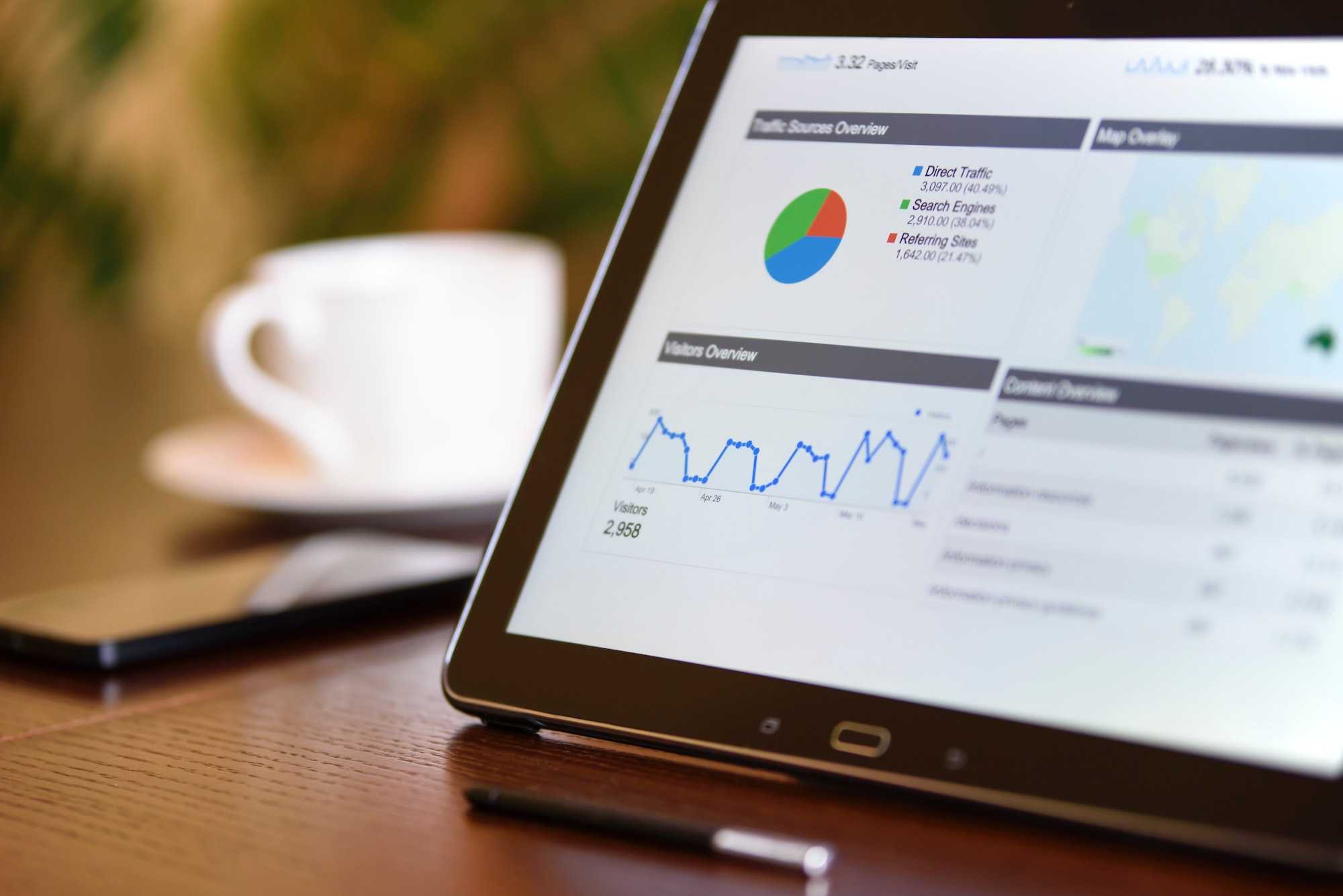Publishing the occasional blog post, serving up a few ads or blasting your subscriber list with a couple of emails each month just won't cut it these days.
Data-driven marketing is key to staying ahead of the curve. In today’s digital marketing landscape, you need to collect insights, analyze data and make marketing decisions based on real-time information to communicate with your audience in the most effective way possible.
With the guidance of a data-driven marketing strategy, your organization can attain the results and ROI you’ve been dreaming about. In this post, we answer your biggest questions: What is data-driven marketing, what are its benefits and what steps should you take to adopt this innovative approach?
What Is Data-Driven Marketing?
Data-driven marketing is the
- Better understand users’ intent and behavior
- Deliver targeted messages that are relevant to users’ interests or pain points
- Ultimately build a better relationship between businesses or organizations and their contacts
Why Is Data-Driven Marketing Important?
A robust data-driven marketing strategy can unveil new insight into what works and what doesn’t work. It can help you make immediate improvements to your marketing strategy, customer outreach, product development and more.
Some key benefits of a data-driven marketing strategy include:
- Highly personalized content: With better targeted messaging, you can address your prospects or customers as real humans with genuine interests and pain points – not just as emails in a mailing list.
- Better segmentation to reach prospects at every stage of the marketing funnel: Understand your prospects’ website behavior and post-click or post-purchase interaction levels to pinpoint what they’re interested in and how you can send relevant information that matters to them.
- Multi-channel integration: By obtaining real-time snapshots of your brand’s data, you can curate content and messaging that’s timely and relevant to any channel you’re using to promote your business or service, whether via ads, email, social media, content or offers.
- Improved service or product development: Having a better grasp on what your prospects need, use or desire enables you to build better products and fine-tune your services over time.
Examples of Data-Driven Marketing
Your data-driven marketing efforts don’t have to be complicated – just targeted and intentional.
Abandoned cart emails, for example, are a quick-win opportunity. Potential customers may browse your website and add products to their cart but hold back on completing the purchase. With data-driven marketing, you can capture their website behavior and follow up via email with a reminder of products left behind, which can trigger a sale.
You can also structure marketing around consumer interests. Netflix, for instance, selects customized personal recommendations to users on the home screen. It’s effective – about 80 percent of the content users stream on Netflix is based on the “Because You Watched…” category.
Or, consider using demographic information to enhance campaigns. DIRECTV, for example, discovered individuals were more likely to switch providers when they moved to a new address. As a result, DIRECTV partnered with the United States Postal Service (USPS) to offer new homeowners or tenants a special discount for signing up with their services.
How to Adopt a Data-Driven Marketing Strategy
Managing the entire scope of your company’s data and KPIs is impractical and unrealistic. So what’s the best way to get your team onboard with your data-driven marketing vision?
Here are our recommendations:
- Let data drive decisions: Prioritize data analysis and allow the numbers to influence your marketing plan.
- Form the right team: Data-driven marketing isn’t a one-person job. Equip your team with the skills they need to become better data-driven marketers or hire analytics experts and individuals with an aptitude for data-based marketing.
- Embrace marketing automation and new technologies: Marketing automation technology is critical for any data-driven marketing strategy. Find the right artificial intelligence tools to help you create personalized content, segment your database and engage with prospects at every touchpoint.
Automate Your Data-Driven Marketing With Personalize
Ready to do more with data-driven marketing and grow your business or service? Take your email campaigns to the next level with Personalize.
Personalize helps you deliver the right messages and products that are most relevant and timely to your prospects and customers. With Personalize, you can gain visibility into your contacts’ top three interests at any given time to improve your content personalization and promote the right products at the right time.
Don’t miss out on the opportunity to build
Request beta access to Personalize today.



